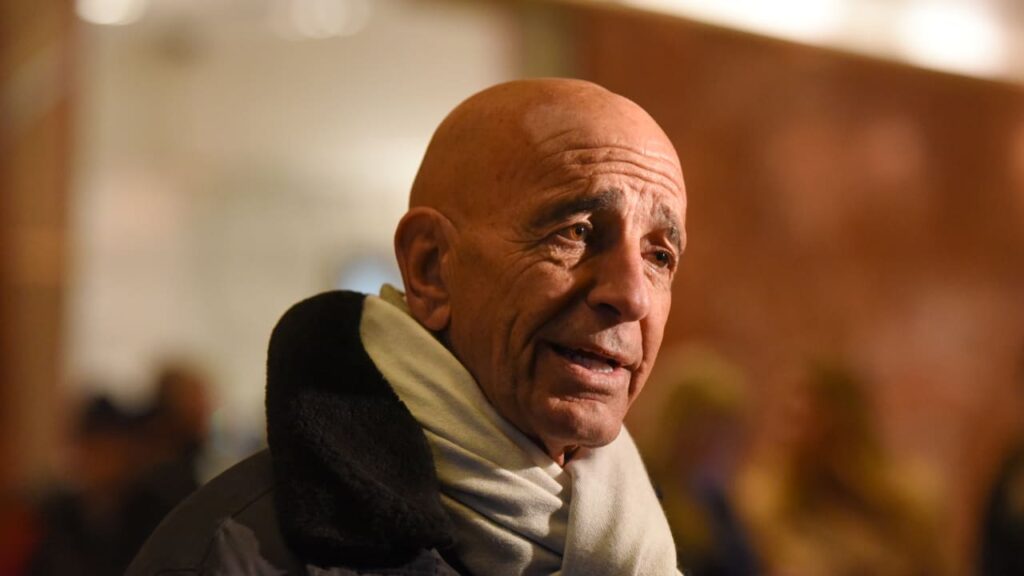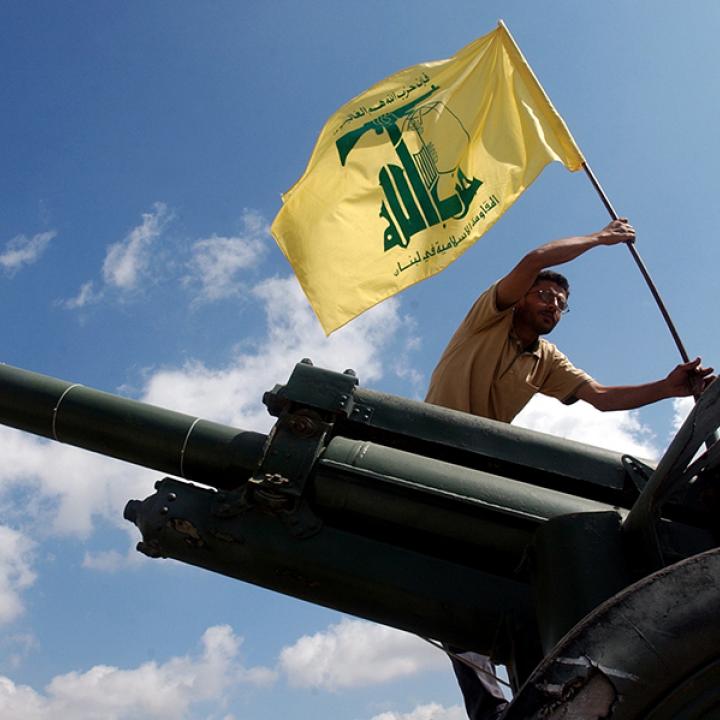Iran Update, November 24, 2025
Toplines
The Israel Defense Forces (IDF) killed Hezbollah’s “de facto chief of staff” and senior commander Haitham Ali Tabatabai in Beirut’s southern suburbs on November 23.[1] Tabatabai’s death will likely disrupt Hezbollah’s reconstitution for a short period because of Tabatabai’s significant experience at many echelons of command in fighting against Israel and engaging with Hezbollah’s Syrian partners. His experience at many echelons of command and in Syria would enable him to intimately understand the assets that Hezbollah needed to replace after the Fall 2024 Israeli campaign in Lebanon to defend southern Lebanon against renewed Israeli operations. His experience in Syria would have also allowed him to build relationships with many cross-border smugglers and other actors that can support Hezbollah’s reconstitution. The IDF stated that it killed Tabatabai in order to prevent Hezbollah’s reconstitution.[2] Tabatabai was considered one of Hezbollah’s three highest-ranking military officials after the Israel-Hezbollah conflict in Fall 2024, and he has reportedly led Hezbollah‘s efforts to reconstitute after the war.[3] Tabatabai has held numerous senior positions within Hezbollah’s military command since the group’s founding in 1982.[4] Tabatabai helped establish Hezbollah’s Radwan Force and reportedly commanded Hezbollah’s Southern Front in Fall 2024 after Israel killed the previous commander.[5] Tabatabai helped train Hezbollah’s partners in Syria and Yemen and commanded Hezbollah special forces in both countries.[6] Tabatabai would have been able to use his experience planning and leading defensive operations against Israel in southern Lebanon, in addition to his engagement with Syrian partners and knowledge of Lebanon-Syria supply lines, to plan Hezbollah’s reconstitution and any future attacks against Israel.[7]




